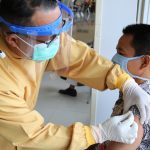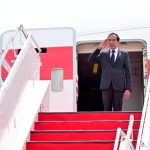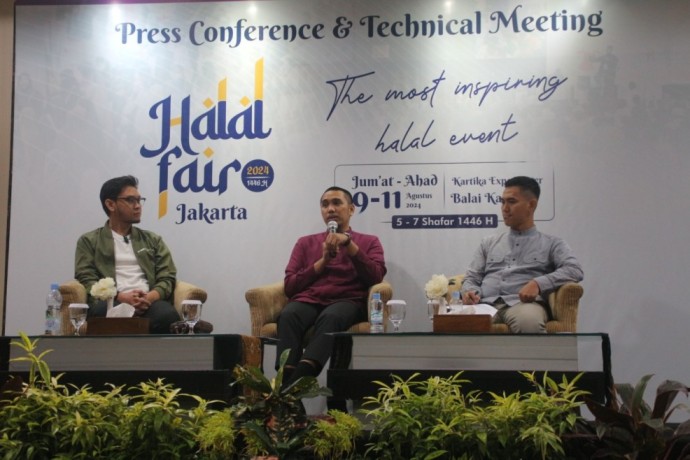News Focus – Indonesia’s Universitas Negeri Malang, Australia’s UNSW increase doctoral students’ academic achievements via peer-mentoring program
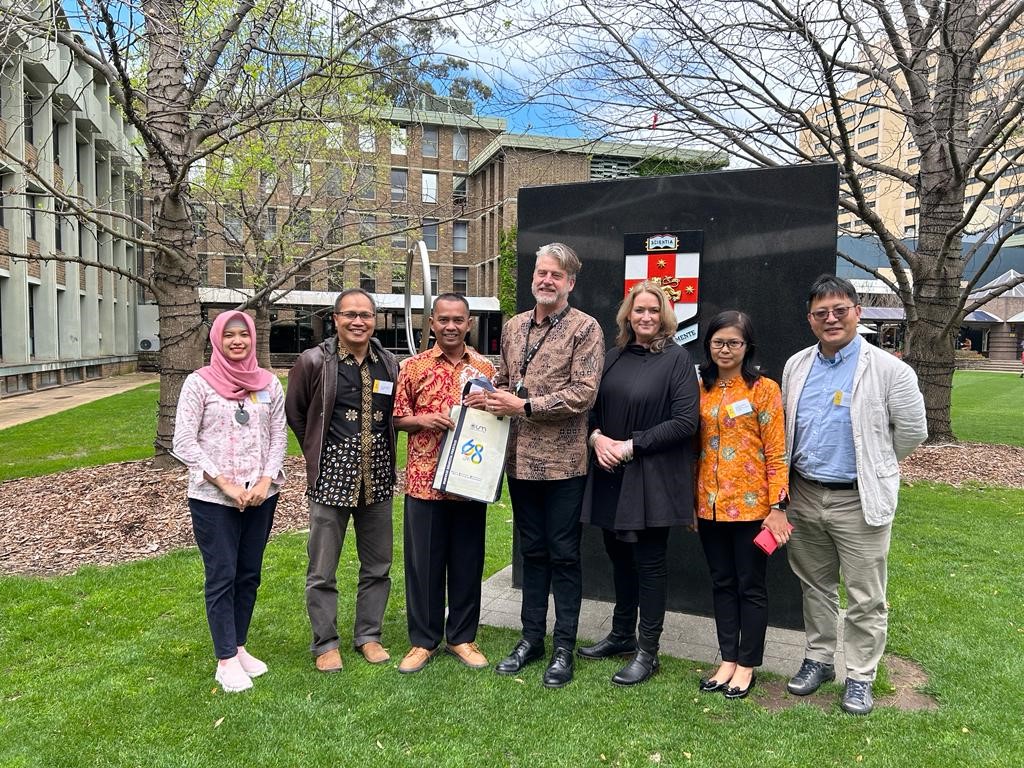
Universitas Negeri Malang has recently launched a peer-mentoring program designed to improve the academic achievements and overall well-being of the students.
Bogor, W Java (Indonesia Window) – The Doctoral Program in English Language Education, Department of English, Faculty of Letters, Universitas Negeri Malang (UM) has recently launched a peer-mentoring program designed to improve the academic achievements and overall well-being of the students.
The program had its fourth meeting, focusing on the theme ‘Research, Personal, and Community Life Balance,’ on January 26, 2024.
The research team from UM, consisting of Prof. Yazid Basthomi, Dr. Suharyadi, Rahmati Putri, and Rida Afrilyasanti, has collaborated with the University of New South Wales (UNSW)’s research team, comprising Assoc. Prof. Hoa Nguyen, Dr. Tatik, and Dr. Tanya Kwee, bringing valuable insights and expertise in implementing similar programs in Australia.
The mentoring initiative spans six months and consists of a diverse range of both online and offline activities. These include engaging sharing sessions on mentoring, orientation and training sessions, regular mentoring meetings, and a culminating end-of-program celebration.
The bi-weekly mentoring sessions have been conducted over four months. Each session has been structured to incorporate three crucial components: workshops, group mentoring, and peer mentoring.
Following the workshop, participants actively engaging in mentoring groups, facilitating discussions on workshop topics, sharing challenges encountered, and exchanging strategies with fellow participants.
Subsequently, each peer-mentor pair is given the opportunity to privately deliberate on their plans for overcoming challenges pertinent to the discussed topics.
The specific topics addressed in the meetings are identified through a needs analysis conducted before the program’s launch. The topics include various critical aspects of doctoral studies such as effective student habits, maintaining physical and mental health of doctoral students, achieving life balance, establishing effective communication with supervisors, strategies to strengthen research topics and questions, and building collaborative research efforts.
Each session features different speakers, including top students, clinical psychologists, nutrition experts, and researchers from both institutions, UM and UNSW.
Despite the university’s significant efforts to enhance academic capabilities and the pressing need to increase scholarly publications, there exists a gap in addressing the physical and mental well-being of the students.
The lead researcher, Prof. Yazid, said, “based on our preliminary study conducted across various doctoral programs at Universitas Negeri Malang, we have identified that first-year students frequently experience declines in both physical and mental health. Symptoms include fatigue, anxiety resulting in changes in sleep patterns, eating habits, illnesses, and, in some cases, hospitalization.”
Unfortunately, this issue has not received adequate acknowledgment as a critical concern from either the institution or the students. He further emphasized, “our interviews with students revealed a prevalent culture of normalizing these challenges. Students perceive doctoral studies as inherently difficult, believing that if it is not difficult, it is not truly doctoral. Sacrificing health and well-being is erroneously seen as an integral part of these difficulties. Through the mentoring program, we aim to change this misconception.”
The challenges faced by the students stem from various layers of factors. Firstly, personal factors play a significant role, encompassing the various roles students undertake within their families, studies, and employment.
Secondly, the nature of doctoral work, involving extensive research and writing, exposes students to exhaustion and task difficulties. The independent nature of this work makes students vulnerable to feelings of isolation, diminished confidence, demotivation, and distractions from other activities.
Lastly, the curriculum structure and governmental policies emphasizing publication outputs further contribute to the difficulties faced by the students.
If these problems are left unaddressed, the students may discontinue their studies, become insecure on the brink of completion, or completely abandon their academic life.
Academic dishonesty may become more probable when students grapple with overwhelming feelings and lack confidence in their abilities. The presence of academic supervisors does not always guarantee resolution. In some cases, students find it challenging to express their problems due to hierarchical power relations.
Additionally, less harmonious relationships and communication barriers stemming from cultural differences and other factors can exacerbate the issues, intensifying stress for the students.
Within the mentoring program, the students are provided with communities that foster mutual support. First-year students are paired with their peers or second-year counterparts to collaboratively address the challenges they encounter.
Moreover, the program aims to facilitate the establishment of a strong academic community that mutually supports its members in enhancing academic achievements as well as mental and physical well-being.
Before the commencement of the mentoring sessions, the participants engaged in sharing sessions, orientations, and training conducted under the expert guidance of Assoc. Prof. Hoa Nguyen from UNSW, Sydney, Australia.
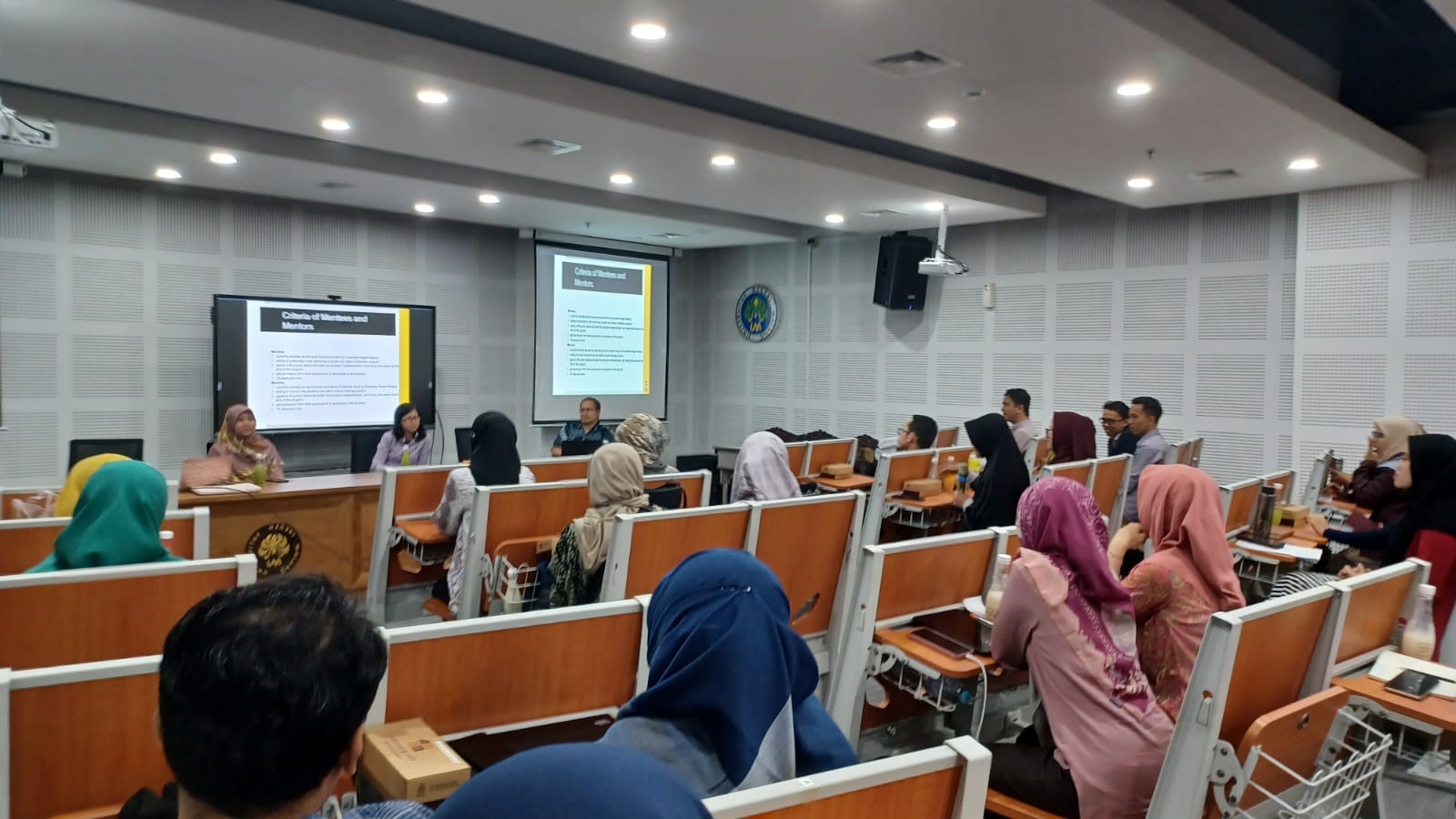
Throughout these activities, Assoc. Prof. Hoa Nguyen introduced the mentoring concept, delineated its benefits for participants, and emphasized the essential skills the participants need to possess.
The cultivation of active listening and constructive feedback skills are among the competencies that participants are continuously encouraged to develop.
In addition to the meticulously structured online sessions, peer-mentor pairs are strongly encouraged to meet in person outside of formal mentoring sessions. It aims to foster closeness, facilitate mutual learning, and mitigate feelings of isolation.
Through the establishment of peer-mentor relationships, the students gain a platform to reflect on their experiences, connect them to their personal journeys, ultimately enhance their overall experiences, skills, and self-confidence.
Reporting by Indonesia Window

